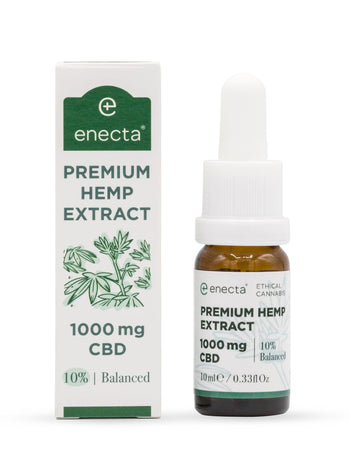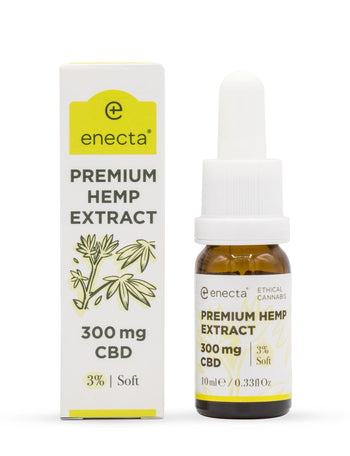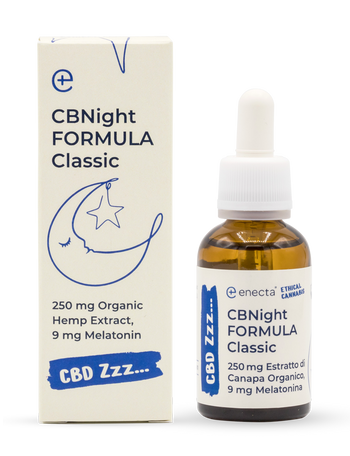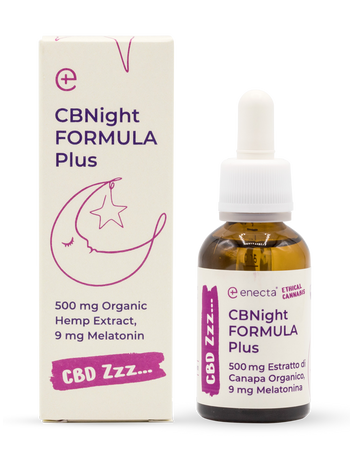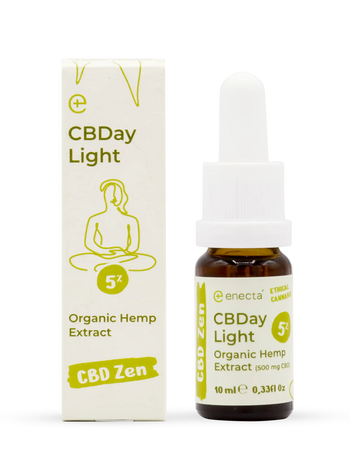Researchers have discovered that a single dose of CBD (Cannabidiol) could increase blood flow to a vital part of the brain in a one-of-a-kind study.
Imagine all the incredible benefits you could get from using Enecta CBD Products if they increased blood flow to the parts of your brain responsible for memory and emotion. If you or a loved one suffers from memory issues, if you have PTSD or anxiety, you may find the results of this study fascinating.
A Quick Explanation
The hippocampus is an area of the brain linked to emotion and memory. In a research study lead by Dr. Michael Bloomfield (UCLA Psychiatry), researchers looked into how CBD affects the cerebral blood flow to parts of the brain involved in memory processing. The results were very promising and demonstrated CBD’s potential to treat conditions like:
- Alzheimer’s disease
- Schizophrenia
- Post Traumatic Stress Disorder
Test Conditions
The study involved 15 healthy individuals aged 18 to 70 years of age. Participants’ criteria was that they had never used cannabis in any form, were not on any psychotropic agents, and had no history of using psychoactive agents (recreational drugs). All 15 participants received 600mg of CBD in a capsule or a placebo capsule on different days. Tests were conducted using the double-blind testing technique. During the testing phase, participants followed a strict regime, fasting from midnight the night before ingestion until 3 hours later when test subjects received MRI scans 3 hours after ingesting the CBD or placebo.
The Results

The study results contradict previous studies performed with lower doses of CBD that found no increase in cerebral blood flow. In fact, in this study, the CBD appeared to somehow encourage increased blood flow specifically to those areas of the brain responsible for memory and emotion called the hippocampus. Blood flow increases were also observed in the orbitofrontal cortex, a brain region known to be responsible for decision making. Also worth noting, all other parts of the brain were wholly unaffected, showing no increase at all in blood flow. CBD appeared to create a targeted response, leaving researchers wondering what more intensive clinical studies could uncover.
Dr. Michael Bloomfield, who lead the study, commented on the results stating;
“There is evidence that CBD may help reduce symptoms of psychosis and anxiety. There is some evidence to suggest that CBD may improve memory function.”
Bloomfield also pointed out that this study could help explain why some users of CBD report therapeutic effects in their mental health conditions;
“Additionally, CBD changes how the brain processes emotional memories, which could help to explain its reputed therapeutic effects in PTSD and other psychiatric disorders. However, the precise mechanisms underlying the effects of CBD on memory are unclear.”
These results are a far cry from the red-eyed forgetful joint smoker we once associated with cannabis use. Research studies into isolated cannabinoids like CBD found in the cannabis plant are quickly changing attitudes worldwide. Studies are now pointing the finger at THC, the psychoactive compound found in cannabis thought to be responsible for the negative psychiatric conditions associated with cannabis use. Although THC is believed to have many health benefits, the ratio of other compounds found in the cannabis plant is thought to play a vital role in its effects. CBD alone is now associated with many positive mental health and physical health benefits through various studies and user reports.
The First of It’s Kind
This UCLA study was titled “The effects of acute cannabidiol on cerebral blood flow and its relationship to memory: An arterial spin labelling magnetic resonance imaging study” and is believed to have been a standout study with Dr. Blooming stating:
“To our knowledge, this is the first study to find that CBD increases blood flow to key regions involved in memory processing, particularly the hippocampus,” says Broomfield. “This supports the view that CBD has region-specific blood flow effects in the human brain, which has previously been disputed.”
One can only wait in anticipation for follow-up studies in this area of CBD research. For now, this promising result will continue to bring hope for those looking for alternative treatments to some common disorders.
































